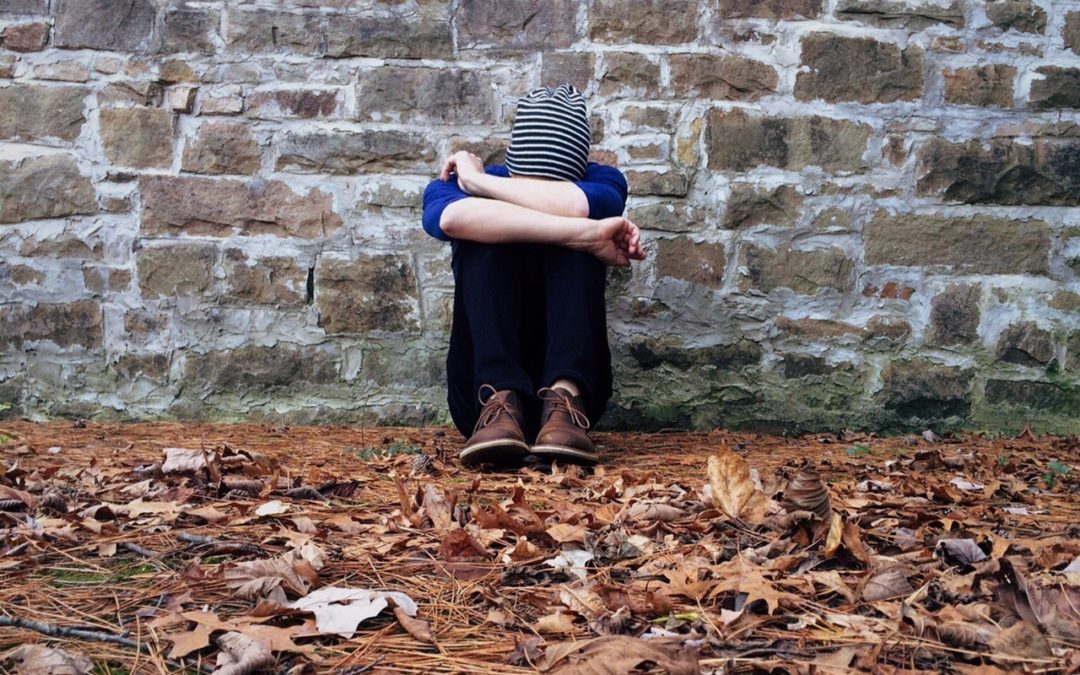Life has its ups and downs. However, there are times when our thinking and functioning are deeply impaired – and when this happens, it’s important to look for a deeper cause.
Many of us show the telltale symptoms of depression, including a pervasively negative view of ourselves as “losers”. Still, we may believe these self-loathing thoughts instead of seeing them as a symptom of something larger.
Even the people closest to us may not realize we’re depressed, especially if we’re good at “soldiering on”. They may sense we’re not at our best but may attribute what they see to other factors.
How can you tell if you or someone you love is depressed? Here are 7 things to consider that may help you see what’s happening – and determine if you need professional help.
- NO TWO PEOPLE EXPERIENCE DEPRESSION IN THE SAME WAY
Two people who are both depressed might have virtually no symptoms in common. One might feel sad, suffer from insomnia and poor appetite and struggle with concentration. Another might not feel noticeably down, but have no interest in anything — even activities that s/he once loved – and spend 12 hours a day sleeping.
As different as these examples are, they both are consistent with major depressive disorder. The severity of depression can vary greatly as well – ranging from being completely unable to function to still being able to take care of one’s responsibilities and even find occasional enjoyment. Milder forms of depression may be even harder to see for what they are.
- DEPRESSION USUALLY COMES ON GRADUALLY
The development of depression is a little like hair growth. We don’t see changes day-to-day or even week-to-week. Since we’re always with ourselves, we may not notice small shifts as our mood, energy levels, and self-confidence decline. And then one day, we may finally look at ourselves and barely recognize who we see as the changes suddenly become obvious.
- SYMPTOMS CAN DEVELOP AT DIFFERENT TIMES
The effects of depression can sneak upon us. We develop a symptom here, a symptom there. For example, we might not have as much energy as before, and a few weeks later we notice that we’re crankier than usual. We might not suspect that both experiences are connected to the same underlying condition. If several depression symptoms landed in your life all at once, it would be much clearer that they were part of a total pattern.
- YOU MAY BE GOING THROUGH A CRISIS – BUT NOT EXPECTING DEPRESSION
When we’re facing major life challenges such as chronic illness, divorce or a career disruption, it’s only natural that we feel poorly. It would be weird, in fact, if our moods weren’t affected by these circumstances. Thus we might not assume we are facing depression, because our feelings seem so understandable. However, these kinds of losses are among the most consistent predictors of depression – since they cause us to lose sources of reward, engagement, and support.
- THERE MAY BE NO OBVIOUS REASON FOR DEPRESSION
Although life’s crises can push us into a depressive state, there are other times that our moods can plunge without any specific cause we can identify. Some people have a genetic predisposition to depression. Others are sensitive to seasonal shifts, such as the onset of winter, when there is less sunlight.
Sometimes, a positive change in our lives can trigger an unexpected bout of depression. For example, we may have gotten a better job, but we also left behind a solid group of friends at our old job — and now have a longer or more stressful commute. We may not realize that these losses are affecting our mood in profound ways.
- MANY SYMPTOMS MAY NOT FEEL LIKE DEPRESSION
We often assume that if we’re depressed, we will feel profoundly sad. Yet depression doesn’t always involve feelings of sadness. Many people feel more numb than sad or may have lost interest in their favorite things without any obvious shift in their emotional state. Also, we might blame symptoms like loss of appetite and sleeplessness on stress, attributing our poor concentration to sleep loss – when, in fact, depression is driving all of these symptoms.
- WE DON’T WANT TO SEE OURSELVES AS DEPRESSED
Despite progress over the past few decades, there is still a great deal of stigma that keeps us from wanting to admit that we may be depressed. We may see depression as a weakness or sign of failure. Maybe we prided ourselves on our strength and resilience, and depression just doesn’t square with our sense of ourselves. We may prefer any explanation that keeps our self-identity intact.
RECOGNIZING DEPRESSION SO YOU CAN HEAL
Coming to see our depression for what it is can be crucial to our health. This condition affects all areas of our lives, making us feel everything is falling apart around us. We’re not sleeping well, we’re irritable, we’re unmotivated, and nothing seems to help. Recognizing that these are not individual problems, but instead part of a larger pattern is the first step in getting well.
There are many forms of talk therapy that can help people find their way out of depression, including cognitive-behavioral therapy. Also, there are medications that can help. Nutrition, exercise and social support also play a crucial role.
If you or a loved one has been struggling with symptoms like the ones we’ve named here, you will benefit greatly from professional counselling. As an experienced therapist working with individuals in the Edmonton area, I can help you gain perspective and put together a plan to restore your positive mood. Contact me now to schedule a session at a time that is convenient for you.
Source

